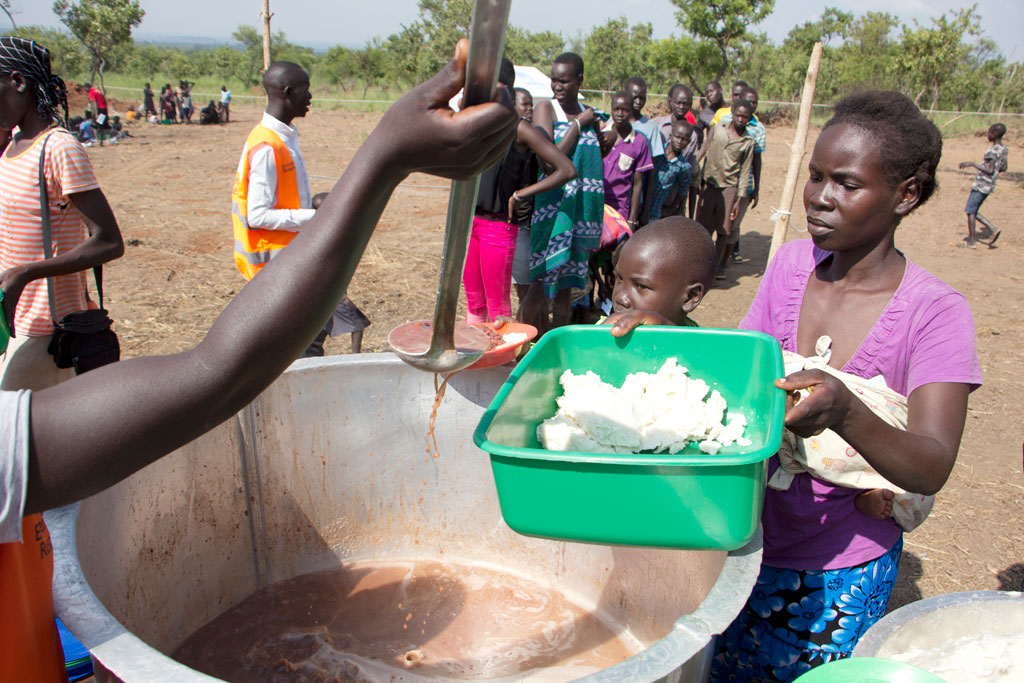Famine is no longer occurring in parts of Unity state as a result of immediate and sustained multi-sector humanitarian assistance delivered to the affected population since March 2017, according to reports by the government and the United Nations released Wednesday.
However, the situation remains desperate as the number of people at risk of starvation has increased in the last month, according to reports by South Sudan's National Bureau of Statistics and the UN's updated food and security analysis.
The Integrated Food Security Phase Classification (IPC) report says that 1.7 million people are still facing emergency levels of hunger, one step below famine.
In February, South Sudan declared two counties in Unity State to be in famine. Although those areas are still in critical condition, early detection and a rapid response succeeded in pulling them out of famine, a Phase 5 classification, the World Food Program said.
The UN warned that South Sudan's crisis is worsening and that removing the label of famine doesn't mean the situation has actually improved.
Reportedly, an estimated 45,000 people still face starvation in Leer, Koch and Mayendit counties with additional areas across the country having deteriorated as well.
The report pointed out that former Jonglei state, an area that previously had one of the lowest levels of acute malnutrition, roughly 20,000 people are experiencing catastrophic food insecurity.
In greater Equatoria, and particularly some of the country’s most productive Greenbelt counties from Yei, Lainya, Morobo, Kajo-Keji and Magwi, are facing crisis and emergency levels of acute food insecurity, driven largely by armed conflict that has had severe effects on agricultural activities and markets, according to the report.
The report said that Western Bank of former Upper Nile state is experiencing food insecurity, mainly in Manyo, Panyikang, and Fashoda where large displacements have occurred due to ongoing armed conflict.
Former Northern Bahr el Ghazal state was also found facing severe food insecurity caused by high food prices and diminished household purchasing power.
In former Western Bahr el Ghazal, according to the report, a spike in armed conflict in the counties of Wau and Raga has disrupted trade, displaced populations, and destroyed livelihoods.




